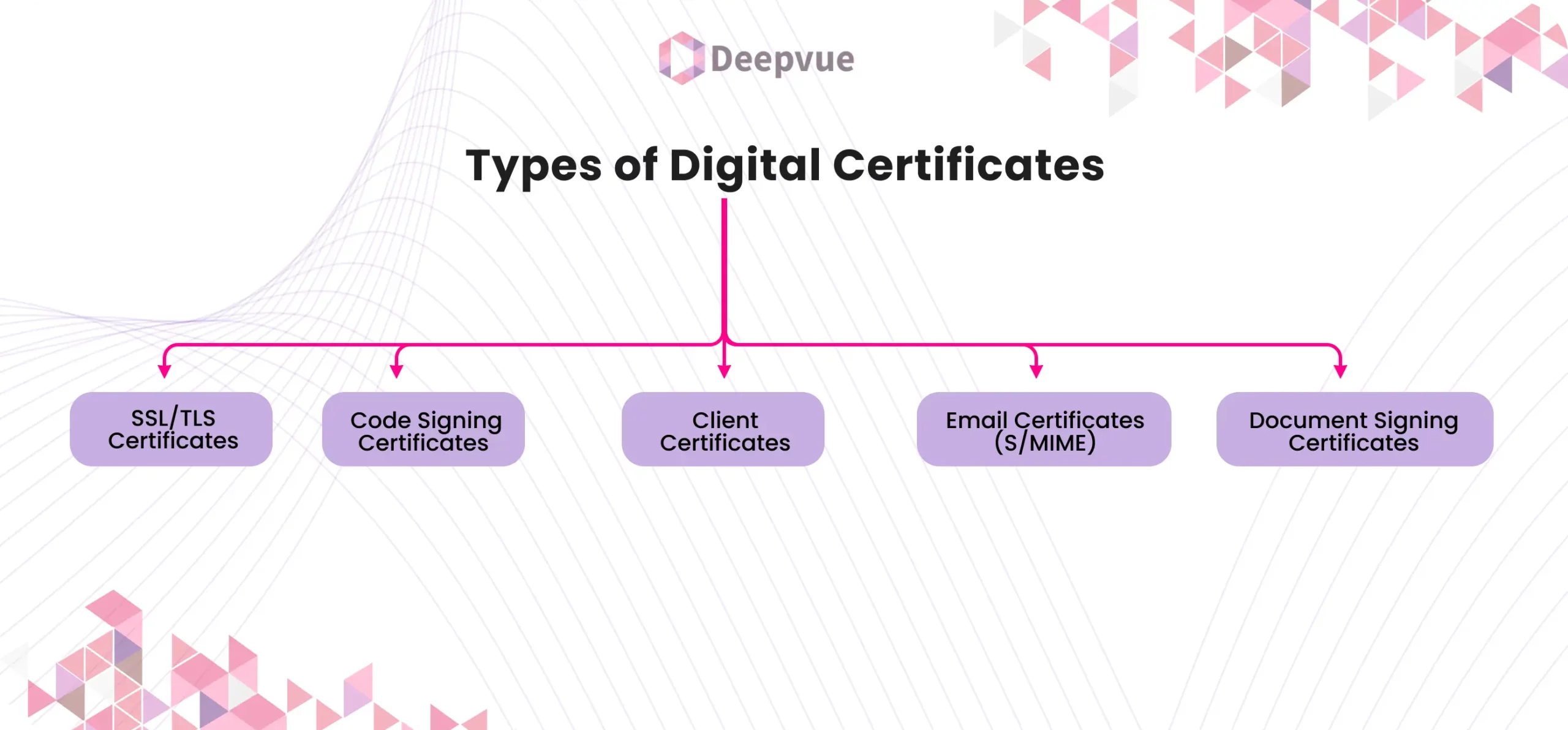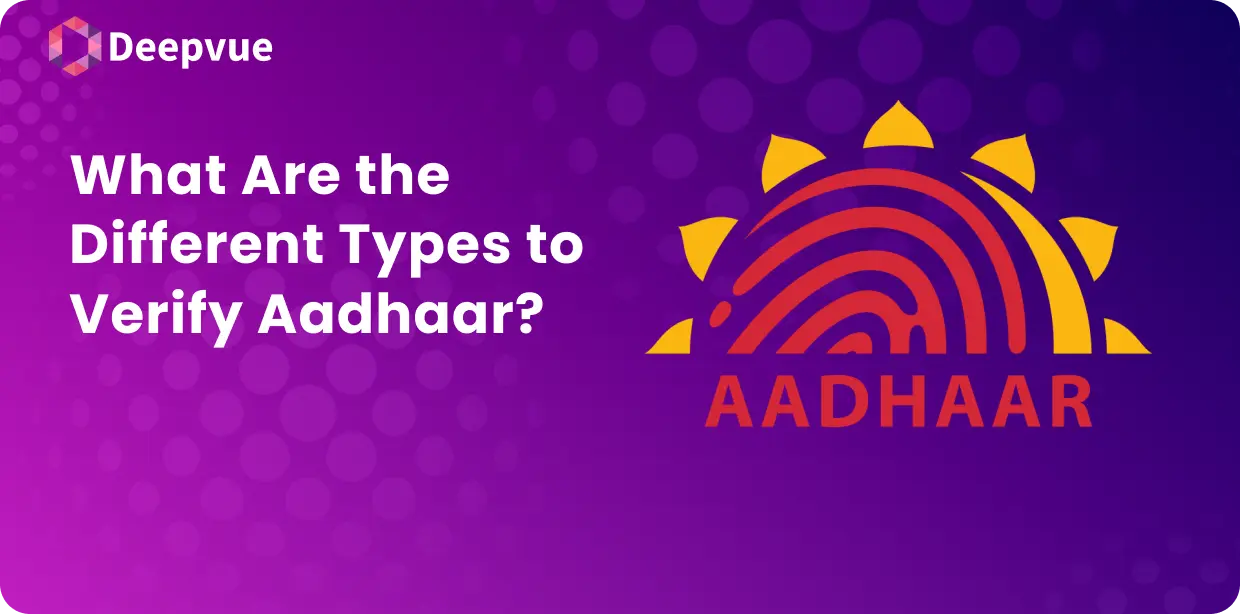Securing our online communication is now more important than ever. One of the major tools available for it is digital certificates. But, what does the term “digital certificate” mean? How do they provide security to our interaction and why is it so necessary?
What is a Digital Certificate?
A digital certificate is an electronic document used to check the ownership of a public key. It is similar to an e-passport that authenticates individuals/ devices /businesses online. These certificates use cryptographic techniques to safeguard communication, verify identity, and ensure data shared through the internet remains private and unaltered.
Importance of Digital Certificates
- Authentication: They authenticate whether the sender/receiver in any online transaction is who he/she claims to be.
- Encryption: These enable encrypted communication protecting sensitive information from being intercepted by unauthorized individuals.
- Integrity: Digital certificates ensure that the data sent and received has not been tampered with during transmission.
- Trust: By providing a secure method of communication, digital certificates build trust between users and websites, which is crucial for online transactions.
Types of Digital Certificates
Digital certificates come in various types, each serving a specific purpose. Let’s explore the most common ones:

1. SSL/TLS Certificates
These are perhaps the most well-known type of digital certificates. SSL (Secure Sockets Layer) and TLS (Transport Layer Security) certificates are used to secure communications between a web server and a browser. They ensure that any data transferred between the two remains private and integral.
- Single Domain SSL: Secures one fully qualified domain name.
- Multi-Domain SSL: Can secure multiple domain names with a single certificate.
- Wildcard SSL: Secures a single domain and all its subdomains.
2. Code Signing Certificates
These certificates are used by software developers to sign their code or software. This ensures that the code has not been altered or tampered with since it was signed, providing assurance to users that the software is safe to install and use.
3. Client Certificates
Client certificates are used to authenticate users or devices to a server. They are commonly used in corporate environments to provide access to internal networks and systems securely.
4. Email Certificates (S/MIME)
Secure/Multipurpose Internet Mail Extensions (S/MIME) certificates are used to secure email communications. They enable users to encrypt their emails and sign them digitally, ensuring that the email content remains private and unaltered.
5. Document Signing Certificates
These certificates are used to digitally sign documents, ensuring their authenticity and integrity. They are commonly used in legal and financial industries where document authenticity is critical.
Digital Certificates vs. Digital Signatures – What’s the Difference?
| Feature | Digital Certificate | Digital Signature |
| Purpose | Verifies identity | Ensures authenticity & integrity |
| Issued By | Certificate Authority (CA) | Created by the sender |
| Contains | Public key, owner details, expiration | Encrypted hash of the document |
| Used For | Authentication & encryption | Document signing & verification |
How Do Digital Certificates Work?
Digital certificates work based on the principles of public key infrastructure (PKI). Here’s a simplified explanation:
- Key Generation: A pair of keys, one public and one private, is generated. The private key is kept secret, while the public key is shared.
- Certificate Authority (CA): A trusted entity called a Certificate Authority verifies the identity of the certificate requester and issues the digital certificate.
- Encryption: When data is sent, it is encrypted using the recipient’s public key. Only the recipient’s private key can decrypt this data, ensuring that only the intended recipient can read it.
- Signature Verification: Digital certificates can also be used to sign data. The recipient can verify the signature using the sender’s public key, ensuring the data has not been tampered with.
Applications of Digital Certificates
Digital certificates have a wide range of applications across various industries:
- E-Commerce: Secure online transactions and protect customers’ payment information.
- Banking: Ensure secure online banking and financial transactions.
- Healthcare: Protect patient information and ensure secure communication between healthcare providers.
- Government: Secure communications and transactions in various e-government services.
- Corporate: Provide secure access to internal networks and systems for employees.
Benefits of Digital Certificates
- Enhanced Security: Encrypt communications and protect sensitive data.
- Trust and Credibility: Build trust with customers by securing your website and online services.
- Regulatory Compliance: Help businesses comply with data protection regulations by ensuring secure data transmission.
- Cost-Effective: Reduce the risk of data breaches and their associated costs.
Challenges of Digital Certificates
While digital certificates offer numerous benefits, they also come with challenges:
- Management: Managing a large number of digital certificates can be complex and requires robust systems.
- Expiration: Digital certificates have a validity period and need to be renewed periodically, which can be cumbersome.
- Revocation: If a certificate is compromised, it needs to be revoked, which can disrupt services if not handled properly.
Conclusion
In today’s world where people interact digitally more often than not, digital certificates play an important role in ensuring that communication is secure and trustworthy. Understanding what digital certificates are, their types as well as how important they are will help businesses and individuals protect themselves online and create a safer digital environment.
Deepvue.tech recognizes the significance of digital certificates to the financial sector and beyond. Through our powerful API infrastructure, we ensure seamless and secure financial integrations that enable enterprises to operate with confidence and integrity in the digital era.
For more information on how Deepvue.tech can help you leverage digital certificates for enhanced security and trust, visit our website.
FAQs
What is a digital certificate?
A digital certificate is an electronic document that verifies the identity of a website, organization, or individual. It contains a public key and information about the entity it belongs to, and is used to establish secure communications over the internet.
Why are digital certificates important?
Digital certificates are crucial for ensuring secure online communication. They help verify the authenticity of websites and encrypt data exchanged over the internet, protecting sensitive information from unauthorized access and cyber threats.
How do I obtain a digital certificate?
To obtain a digital certificate, you need to apply through a Certificate Authority (CA) such as DigiCert, Comodo, or Let’s Encrypt. The CA will verify your identity and issue a certificate that you can use to secure your website or other digital communications.
What is the difference between a digital certificate and a digital signature?
A digital certificate is used to verify the identity of an entity and establish secure communications, while a digital signature is a cryptographic technique used to verify the authenticity and integrity of a message, document, or software. Digital signatures often use digital certificates to enhance security.
How often do digital certificates need to be renewed?
Digital certificates typically need to be renewed every one to two years, depending on the issuing Certificate Authority’s policies. Renewing certificates ensures continued security and helps manage the certificate revocation list to maintain optimal performance and security.
Are self-signed certificates safe to use?
Self-signed certificates are safe for internal use, testing, and personal encryption but risky for public services. They are not trusted by browsers, making them vulnerable to man-in-the-middle attacks. For public-facing websites, always use a CA-issued certificate for security and trust








